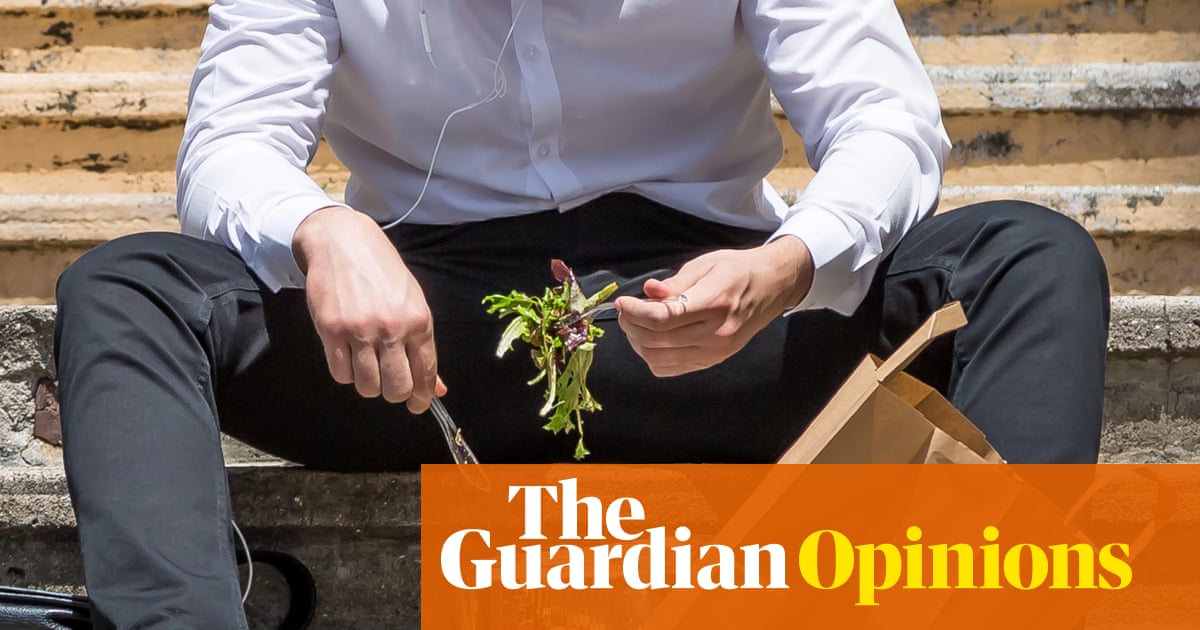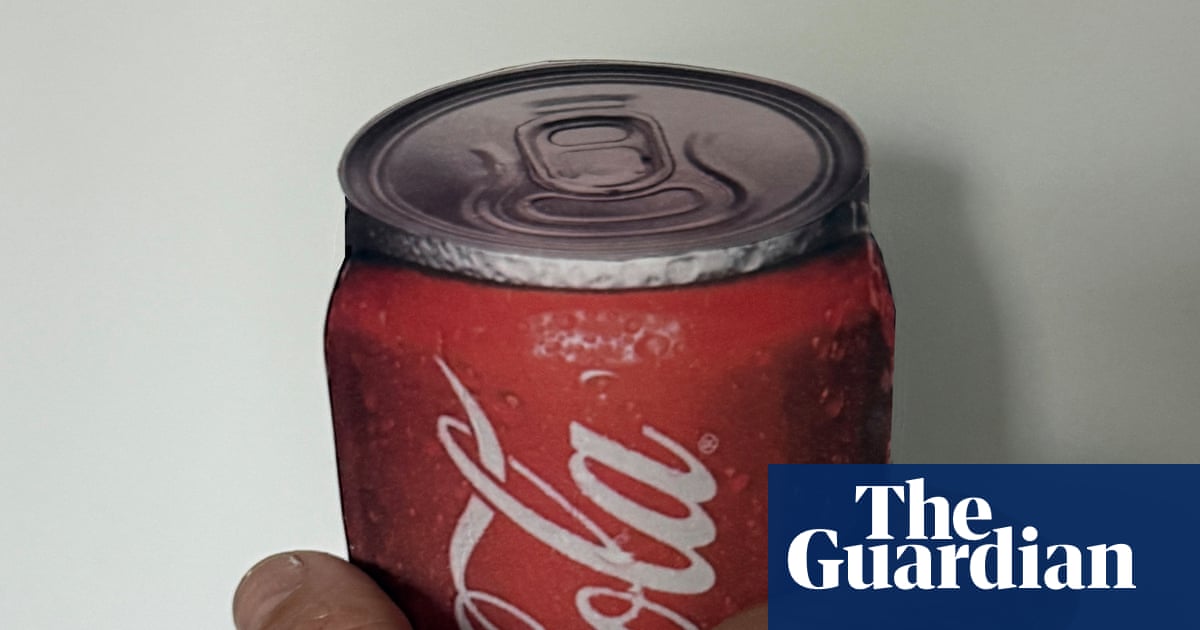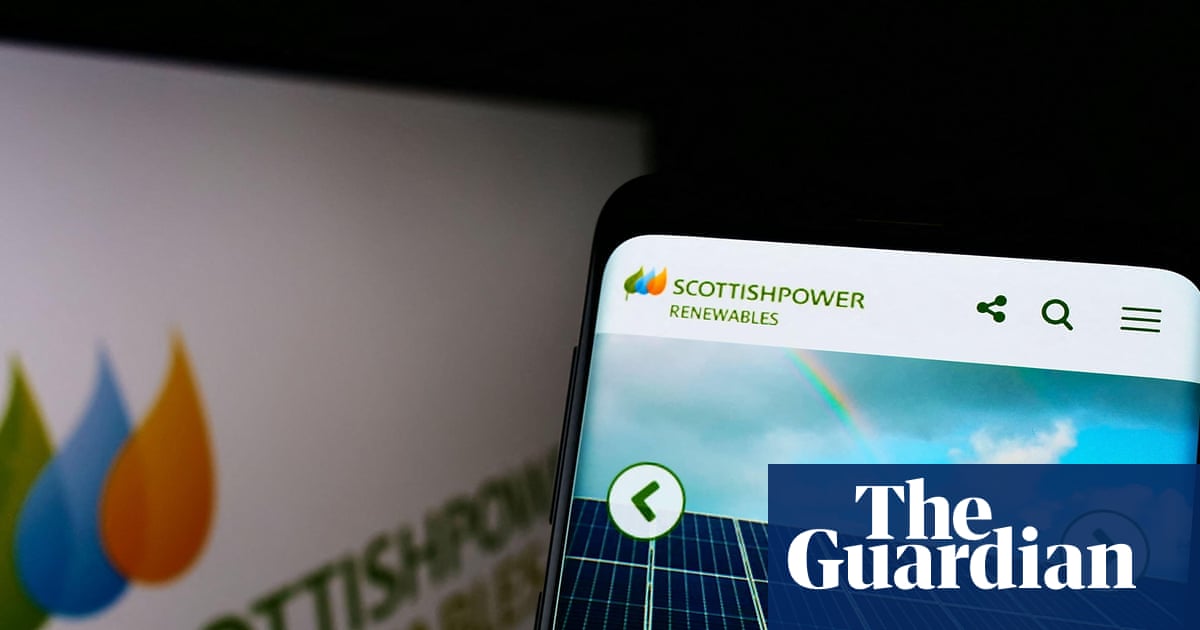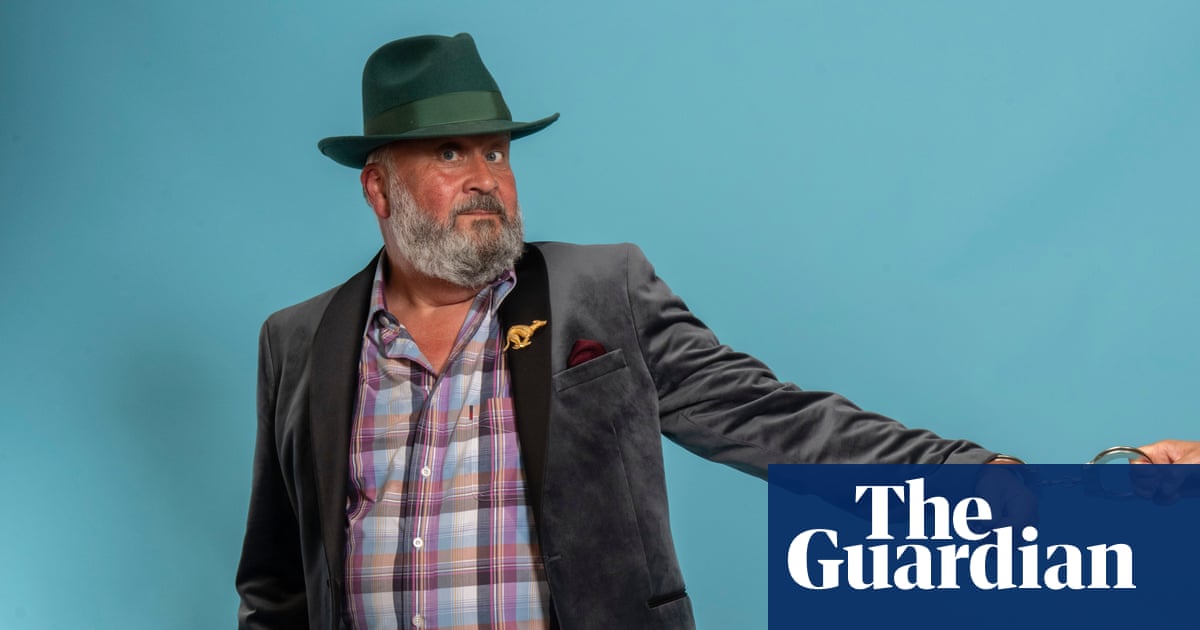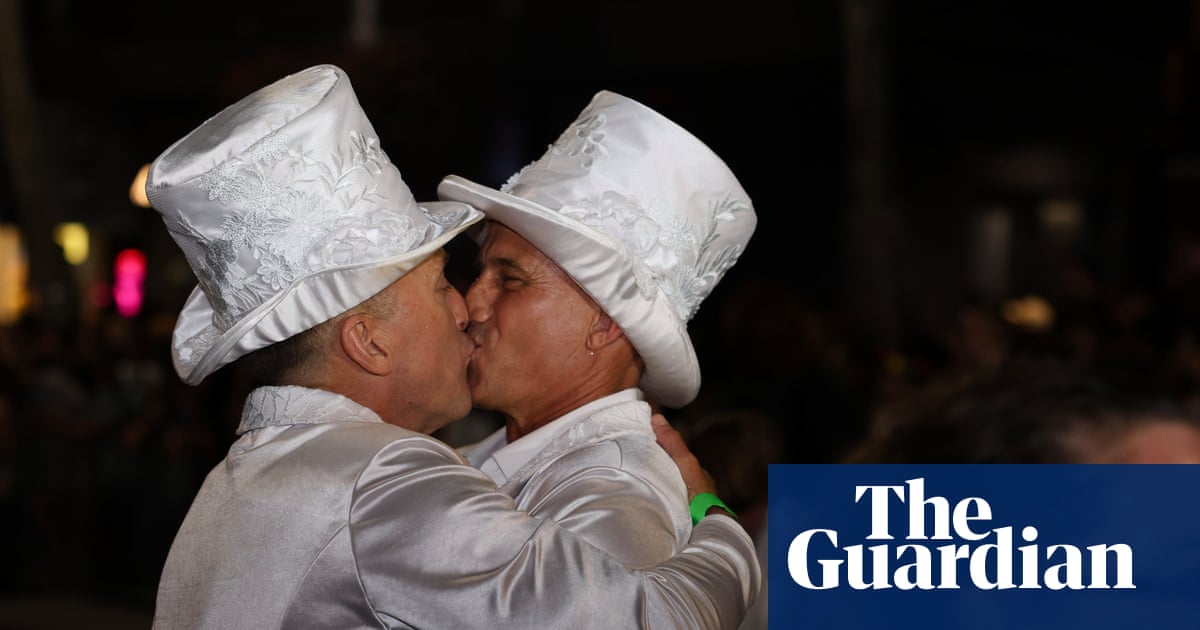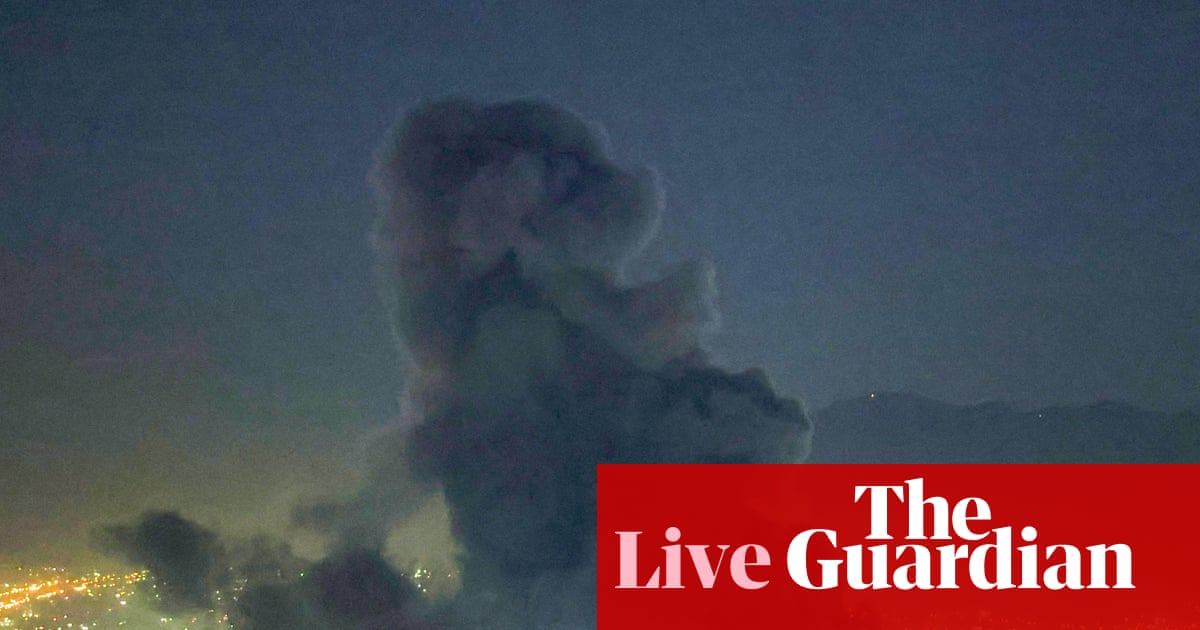Before he died, Jeffrey Epstein made it clear that Donald Trump “knew about the girls”.
Trump has denied any knowledge of or involvement in Epstein’s longstanding child sex-trafficking operation. But in newly released emails that members of Congress disclosed to the media amid the end of this fall’s government shutdown, the dead child sex trafficker and financier can be seen corresponding on many occasions about Donald Trump, his former close friend and associate, throughout the last few years of his life, as Trump’s rise to prominence in national politics beginning in 2015 drew renewed attention to his relationship with Epstein.
When Landon Thomas Jr, then a reporter at the New York Times, wrote to Epstein in 2015 asking about his relationship with Trump, Epstein (who in the documents has a habit of not using punctuation or capitalization in his emails), said, “have them ask my houseman about donald almost walking through the door leaving his nose print on the glass as young women were swimming in the pool he was so focused he walked straight into the door.” If it hadn’t happened in the backdrop to so much sexual exploitation and violence, the scene described by Jeffrey Epstein would sound like something out of a screwball comedy. In another exchange with Thomas, Epstein asks, “would you like to see photos of donald and girls in bikinis in my kitchen?”
Throughout the emails, Epstein depicts Trump as someone he knew intimately, someone whose mind and habits he can provide insight into for others. “You see , i know how dirty donald is,” Epstein wrote in a 2018 email to former Obama White House counsel Kathy Ruemmler.
Republicans in the House released a vast trove of about 23,000 pages of documents from the Epstein estate on Wednesday just hours after Democrats released selected emails from Epstein referencing Trump. In one of the emails released by Democrats, a 2019 message that Epstein wrote to the journalist Michael Wolff, Epstein wrote of Trump, “of course he knew about the girls.”
In another missive, a 2011 exchange between Epstein and his girlfriend and procurer Ghislaine Maxwell, Epstein writes, “i want you to realize that the dog that hasn’t barked is trump.” Referring to a victim whose name was redacted, he said that the girl had “spent hours at my house with him”. Epstein’s meaning is not explicit, but his emails suggest he was worried Trump would disclose whatever he knew about Epstein’s conduct to authorities or the public.
In a troubling exchange from December 2015, the night of a Republican primary debate at which Trump was expected to appear, Wolff and Epstein strategized together as to what Trump might be told to say if he was asked about his relationship with the sex trafficker. “I hear CNN planning to ask Trump tonight about his relationship with you—either on air or in scrum afterwards,” Wolff wrote to Epstein. “if we were able to craft an answer for him, what do you think it should be?” Epstein asked. Evidently comfortable with providing strategic advice to a source he knew to be a sex criminal – Epstein had pleaded guilty in 2008 to soliciting prostitution years earlier; the victim was 14 years old – Wolff issued a response that appeared to suggest that Epstein preserve the possibility of using the information to his benefit. “If he says he hasn’t been on the plane or to your house, then that gives you a valuable PR and political currency,” Wolff says. “You can hang him in a way that potentially generates a positive benefit for you, or if it really looks like he could win, you could save him, generating a debt.” (Wolff told CNN he didn’t “quite remember the context” of the exchange.)
The archive that has been released to the public is vast, and undoubtedly what will be most interesting to most readers is the question of what Trump knew about Epstein’s sexually abusive conduct towards teenage girls. But the notion that Trump might have known about Epstein’s conduct has already been the subject of widespread speculation, following the unearthing of comments Trump made about how Epstein liked “beautiful women” who were “on the younger side” and the leak of a birthday card he reportedly gave Epstein, which featured a crude drawing of a nude female figure and an odd poem that referenced “enigmas” that “never age” and a “wonderful secret”. (The White House has denied the card is authentic.)
But the documents also reveal the stunning breadth of Epstein’s connections among the nation’s elite, including long after his initial 2008 sex crimes conviction, and the extent to which other men in positions of great power considered him a confidant or voice of reason. In the fall of 2017, shortly after the emergence of the #MeToo movement, Larry Summers, the economist who resigned as the president of Harvard University over statements he made suggesting that women were less intelligent than men, wrote to Epstein to complain that if you “hit on a few women 10 years ago” you “can’t work at a network or think tank”. Epstein also wrote multiple emails to the billionaire venture capitalist and rightwing mega-donor Peter Thiel, including one with the subject line: “that was fun, see you in 3 weeks.” In another email, Epstein offered to introduce Thiel to Woody Allen.
There is no evidence that these men participated in Jeffrey Epstein’s habitual sexual abuse of girl children. But their interactions with him suggest a kind of blithe tolerance of his presence in their midst, a seeming comfort in exchanging intimate – and sometimes lewd – exchanges with a man they must have known to have sexually exploited a child. Many of the emails to and from Epstein are marked by a tone of haughty knowingness, a kind of worldly, smug cynicism I’ve encountered before in people who think that they are smarter than everyone else. Maybe in the haughty world of billionaires and private jets, it is considered provincial to think that adults should not have sex with children. Maybe to them, morality is for the little people.
-
Moira Donegan is a Guardian US columnist

.png) 3 months ago
68
3 months ago
68



